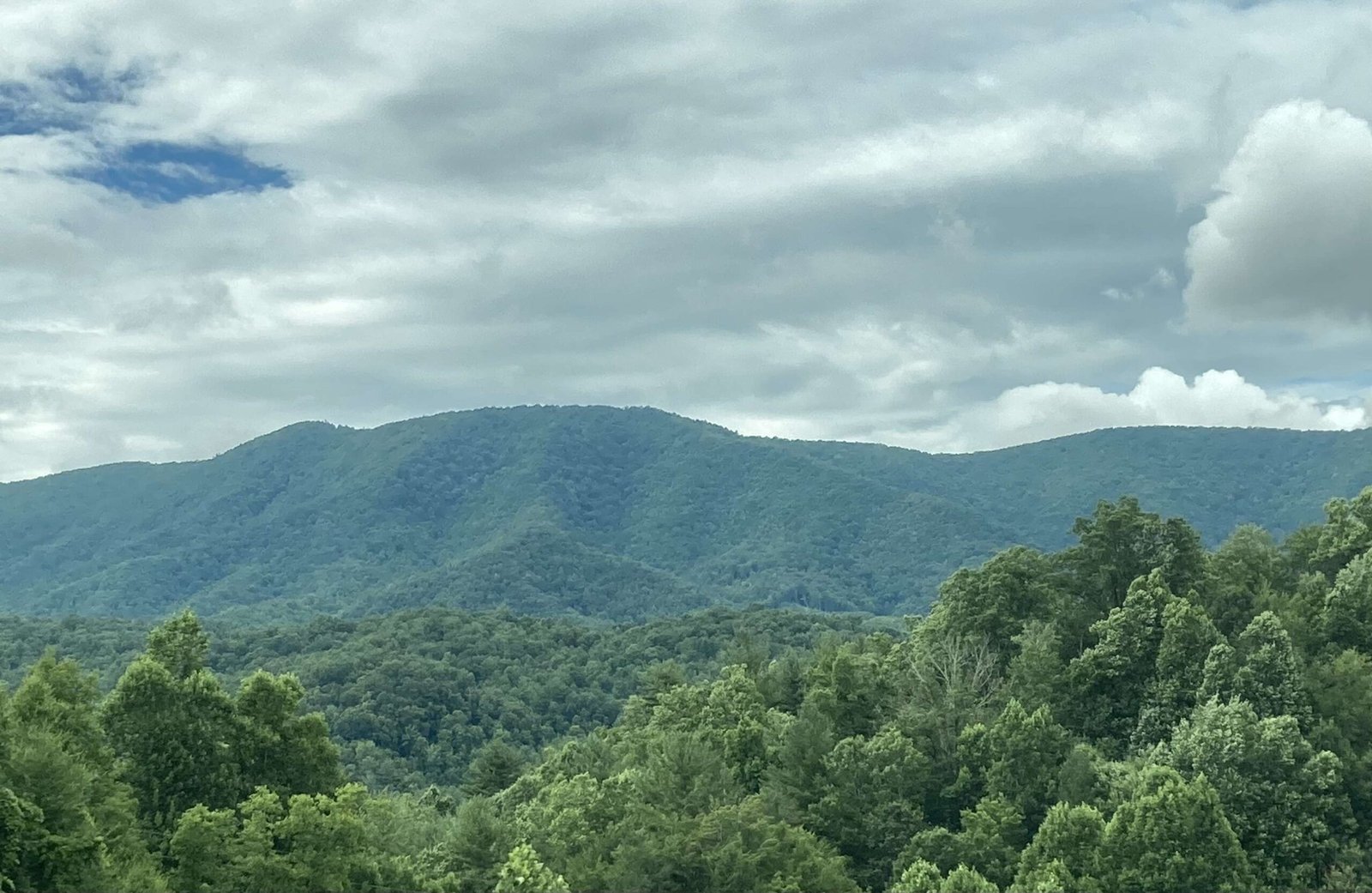The Appalachian Trail represents the ultimate wanderlust destination for adventurers seeking transformative wilderness experiences. Stretching over 2,190 miles through 14 states, this legendary hiking path offers an unparalleled journey through diverse landscapes, challenging terrains, and breathtaking mountain vistas that challenge both body and spirit. From the misty peaks of North Carolina to the rugged wilderness of Maine, the trail promises an epic adventure for those willing to embrace the call of the mountains.
What Makes the Appalachian Trail a Wanderlust Destination?

The Appalachian Trail isn’t just a hiking path—it’s a transformative journey that speaks to the deepest human desire for exploration and self-discovery. Here’s why it captures the essence of wanderlust:
Diverse Landscape Experiences
- Mountain Ranges: Traverse through six major mountain ranges
- Ecological Diversity: Cross multiple climate zones
- Scenic Variations: From dense forests to open balds
Physical and Mental Challenge
| Challenge Type | Description | Difficulty Level |
|---|---|---|
| Terrain Variation | Rocky paths, steep ascents | High |
| Elevation Changes | 464,500 total feet of elevation | Extreme |
| Mental Endurance | Continuous multi-day hiking | Challenging |
Unique Trail Sections to Explore
North Carolina Mountain Routes
- Lemon Gap to Max Patch
- Distance: 10.5 miles
- Highlights: Wildflower valleys, panoramic mountain views
-
Difficulty: Moderate
-
Roan Highlands Traverse
- Distance: 10.9 miles
- Highlights: Grassy balds, historic shelters
- Difficulty: Moderate to Challenging
Essential Gear for Mountain Exploration
Recommended Backpacking Equipment
- Backpack: Osprey Atmos 65L (3.9 lbs, $230)
- Tent: Big Agnes Fly Creek HV UL 2 (2.5 lbs, $350)
- Sleeping Bag: Western Mountaineering VersaLite (2.2 lbs, $430)
How to Prepare for Your Wanderlust Journey?
Physical Preparation
- Build cardiovascular endurance
- Practice hiking with weighted backpack
- Develop strength training routine
- Learn basic wilderness survival skills
Mental Preparation
- Develop flexible mindset
- Practice meditation and stress management
- Research trail sections thoroughly
- Connect with experienced hikers
When to Embark on Your Adventure?
Seasonal Hiking Recommendations
- Spring (March-May): Southern sections
- Summer (June-August): Northern sections
- Fall (September-November): Peak foliage experience
- Winter (December-February): Advanced hikers only
Safety and Conservation Tips
Trail Etiquette
- Follow Leave No Trace principles
- Respect wildlife habitats
- Carry proper emergency equipment
- Share trail resources responsibly
Budget Considerations
- Estimated Total Trip Cost: $5,000-$7,000
- Daily Expenses: $20-$50
- Gear Investment: $1,500-$2,500
Final Wanderlust Insights

The Appalachian Trail represents more than a hiking path—it’s a profound journey of personal transformation. Each step offers an opportunity to challenge personal limits, connect with nature, and experience the raw beauty of the American wilderness.
Pro Tips for Wanderlust Seekers
- Start with section hiking
- Join hiking communities
- Document your journey
- Remain flexible and open-minded
Reference:
– Appalachian Trail Conservancy
– National Park Service
– FarOut Guides

